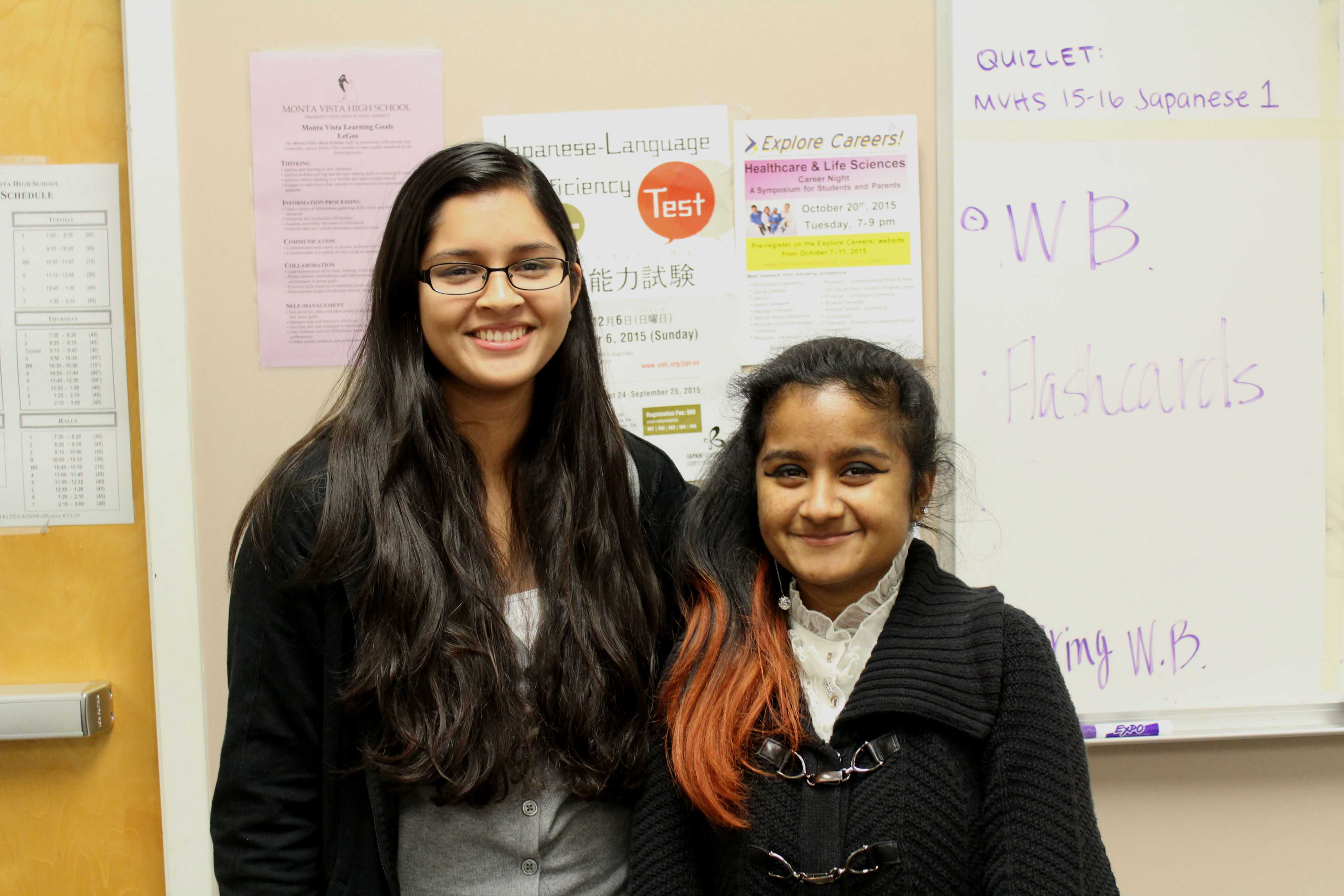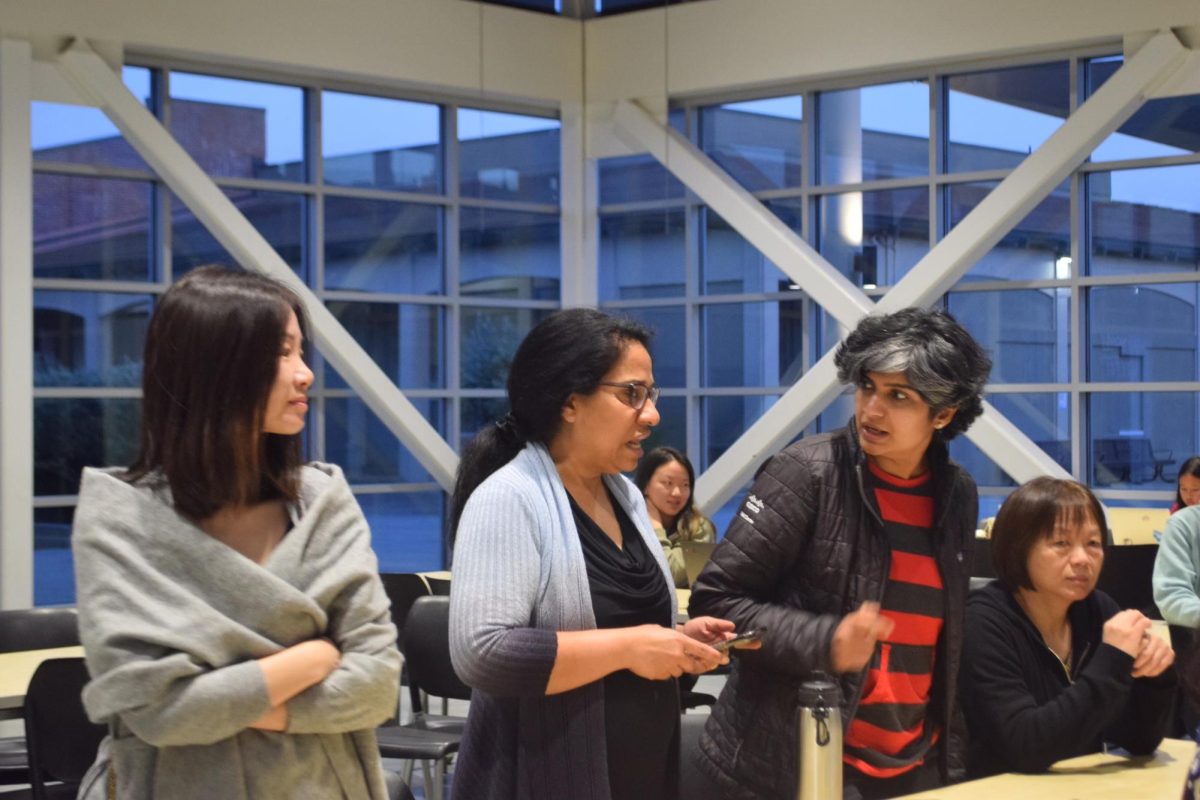he Japanese National Honors Society, like other honors societies, gives students an opportunity to expand their knowledge in an academic field they want to learn more about. The club does however require members to meet certain expectations. Members must be in at least Japanese 2 and have taken it for three or more semesters. They must also have at least an overall 3.0 GPA and at least a 3.5 GPA in Japanese. Club president senior Apanuba Mahmood and club treasurer and secretary senior Kristina Paul, tell us how they got into Japanese and what goals they have for the club.
President senior Apanuba Mahmood
El Estoque: Can you describe your goal for the Japanese National Honors Society?
Senior Apanuba Mahmood: Our goal is to help students who are taking Japanese to extend their knowledge and grasp of Japanese culture outside of just the classroom context, and so we do a bunch of activities to help do that. We also tutor students who obviously need help in the classroom.
EE: Why did you choose to take Japanese?
AM: I’ve had an interest in Japanese culture from a really young age which started from Pokémon and stuff like that, and so I learned some Japanese by myself in middle school because I had a lot of free time. When I came to high school and I saw that I had an opportunity to expand on [my] Japanese in a formal classroom setting, I was like “Oh! I can kill two birds with one stone” by taking an academic class and learning more of something that I am genuinely interested in.
EE: How are your goals for the club different from last year’s?
AM: This year we’re trying to get more of interaction between the people because last year what happened was that we had a ton of people join, but not everyone was quite as active as we wanted them to be. So this year we’re trying to take steps to do that, and we want to contact with the official National Honors Society and see if we can get certificates for our members as incentives.
Secretary and Treasurer senior Kristina Paul
El Estoque: Can you describe your goal for the Japanese National Honors Society?
Senior Kristina Paul: JNHS is a club where students who are hungry for more information about Japanese culture and the Japanese language can expand their knowledge in the Japanese culture and [find] a way for students to interact as well and learn what they want to specifically learn.
EE: Why did you choose to take Japanese?
KP: I already knew Japanese because I used to live in Japan and I wanted to continue my knowledge in the language. I didn’t want to lose the language, a language that I used for six years. So, I got involved in the Japanese community
EE: Can you describe why you lived in Japan?
KP: I’m Bengali. My dad used to work [in Japan] and he studied there, so I spent my elementary school years in Japan. I was born there, but then I moved to Canada, and then moved back, so [I have been] learning the Japanese language since I was young. I started in elementary school. It wasn’t really hard learning the Japanese language, but the environment here and in Japan is very different. The school system is very different, and obviously the community here is more diverse, but I think in Japan you get to learn a different culture and have more perspective as a foreigner.








